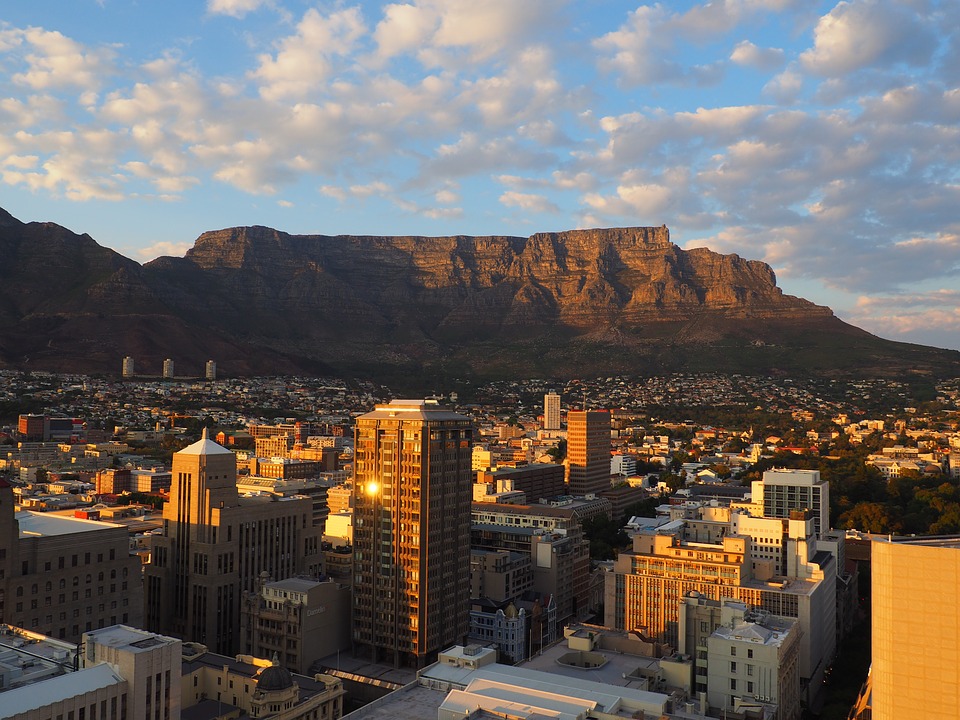
Foreign exchange controls pose a challenge to expats from South Africa, regardless of where they are based. South Africa is one of the few countries in the world that maintains onerous currency exchange controls on its citizens. It restricts foreign investments by South Africans by strictly managing the flow of money out of the country, whether for personal or investment use.
It is a criminal offense to contravene the SA Reserve Bank’s Exchange Control Rules and Regulations, and all local banks and other financial service providers are closely monitored. The penalties of contravention can be onerous.
Many expats want to financially emigrate from South Africa because they have relocated permanently and do not plan on returning to the country, or they are concerned about the decreasing value of the currency against international currencies. Many simply need the funds abroad.
There are a number of tiers called discretionary foreign investment allowances – or capital allowances – that South Africans can apply for on an annual basis. The lowest tier allows for an annual amount of R1m (approx. US$77,000). Applications to take out a higher amount – up to R10m or US$770k – requires a clearance certificate from the local tax authorities, which often triggers a tax audit. Applications for larger amounts may be granted by the SA Reserve Bank on a case-by-case basis.
All this red tape can pose a challenge for the expat, and the capital allowance ceilings may mean larger sums need to be extracted over a number of years.
But if they have the cash available back in SA the process of externalising the funds can be navigated if the information required is at hand.
However, investments in retirement products (policies, pensions) are another matter. These investments are strictly governed by separate legislation designed to encourage, and thereafter enforce, long-term savings by local residents. The express aim is to prevent residents of the country from becoming dependent on the state in their old age. These savings are therefore by design more challenging to cash out – if not entirely impossible.
Certain retirement products can be cashed out in full before official retirement, and the cash can then be taken out via their capital allowances previously mentioned. This includes endowment policies and certain pension preservation fund investments. But there is typically very little that can be done post retirement when pension fund investments, by law, must be converted into living annuities. The latter will generate a monthly income in SA, a state of affairs that SA expats have to live with. They can extract this pension income annually by way of their foreign investment allowances, in perpetuity.
Retirement Annuities (RA’s) have different rules. These policies can only be accessed at age 55, and then only 1/3rd can be taken out in cash whilst the rest must to be rolled into a living annuity – where it will be stuck for the rest of one’s natural life (or until slowly depleted).
This is inherently unfair towards SA Expats who have permanently established a new life abroad: they will clearly never become a burden on the local economy!
The good news is that the authorities finally acknowledged this injustice. The Tax Act was amended in 2008 to allow for the early and full RA benefit withdrawal by South African citizens permanently settled abroad.
The mechanism through which this is managed is an administrative procedure called Formal Emigration. It essentially changes the residency status of an individual from Resident to Non-Resident, and formally records their new status with the South African authorities (including the central bank and the tax authority). At the end of the Formal Emigration process the insurer is allowed to cash out the Formally Emigrated individual’s Retirement Annuity, and their bank is allowed to transfer the proceeds abroad.
The whole process involves the navigation of a fair amount of red tape. A number of intermediaries – broker, or financial service providers – have consequently started taking advantage of expat’s lack of knowledge about their financial affairs. This has led to some ridiculous fees being levied to “assist” expats, fees that can make up 10% or more of the value of the funds stuck in the RA.
This is preposterous, as it is not a very complicated action. More and more investors are waking up to the fact that they do not need an expensive middleman to cash out their Retirement Annuity policies; they can do it themselves, easily and cost effectively.
One simply needs to understand the requirements and the processes. The information and assistance is available at a fraction of the cost: DIY is the way to go for the expat with funds stuck in a retirement annuity in SA.